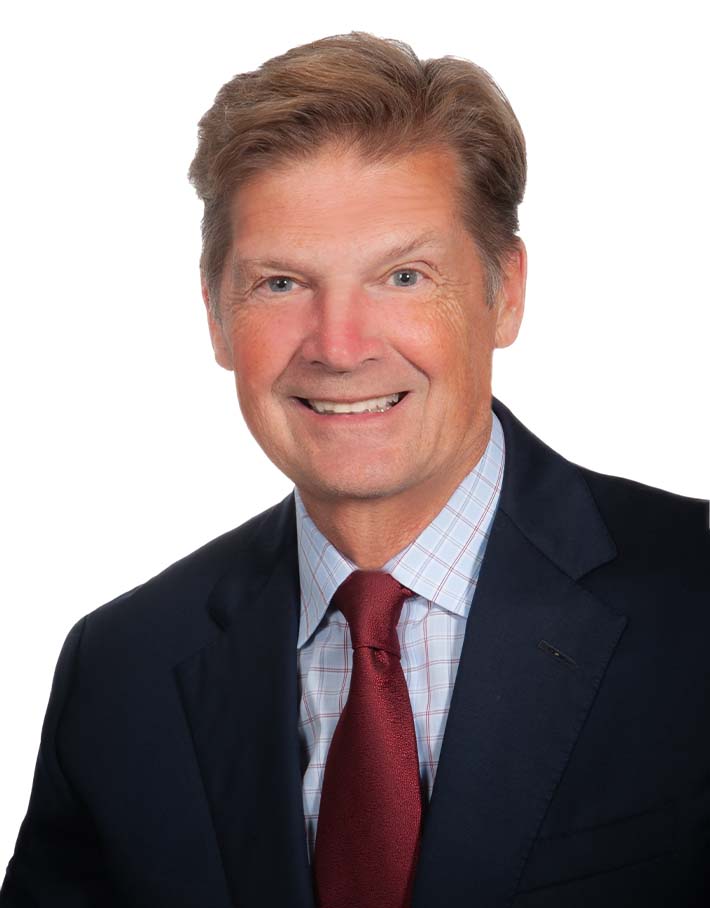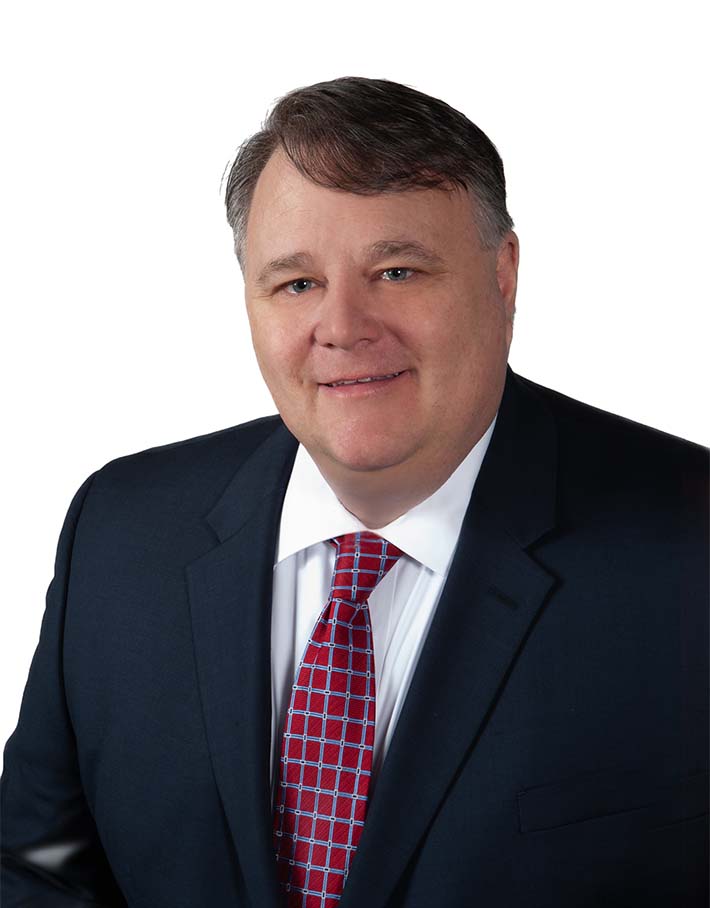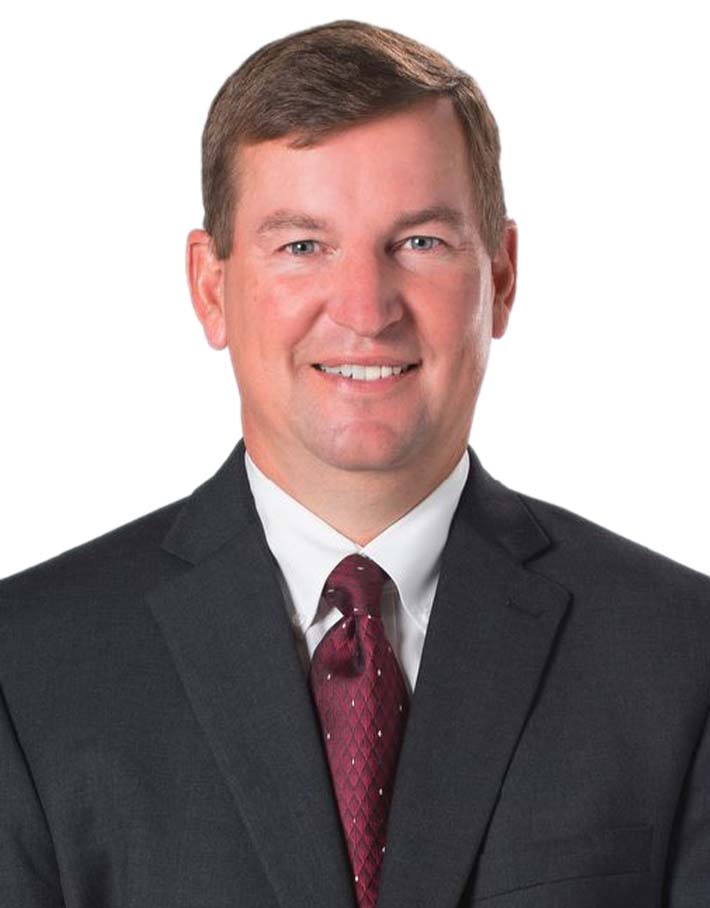What Can Happen When You Start Managing Your Clearing Relationship At An Executive Level
By David Williams, Jay Donlin and Pete McAteer
Subscribe to our original industry insights
Your clearing and custodial partnerships touch every part of your business: your clients, financial professionals, technology platform, operations, digital experience and compliance are just some of those dependencies. And don’t forget about the impact on your P&L.
In today’s podcast Oyster’s clearing and custodian experts share how you should manage your clearing and custodian relationships at the executive level.
Now is the time to take stock of your clearing and custodian firm relationship and ensure that it is doing its part to keep your firm growing. At Oyster Consulting, we help you maximize one of the most important strategic relationships you have – your clearing and custodian partnerships. Our consultants stay current with major clearing and custodial firms, their service offerings and representative clients. We use that knowledge to help you review your current contract and offer a comprehensive strategy to make sure you get optimal value.
Transcript
Transcript provided by TEMI
Libby Hall: Hi, and welcome to the Oyster Stew Podcast. I’m Libby Hall, Director of Communications for Oyster Consulting. Your clearing and custodial partnerships touch every part of your business. Your clients, financial professionals, technology platform operations, digital experience and compliance are just some of those dependencies. And don’t forget about the impact on your P&L. In today’s podcast, Oysters clearing and custodian experts, Dave Williams, Jay Donlin, Pete McAteer, and Jim Roth, share how you should manage your clearing and custodian relationships at the executive level.
David Williams: Hello, my name is David Williams, and welcome to the Oyster Stew Podcast. Today we are going to talk about managing your clearing relationship. So if you’re an introducing broker, there’s probably no more important relationship that you have, is your clearing relationship. When you think about a relationship that touches almost every single aspect of your business, whether it’s your financial advisors, your clients, your support staff, it certainly should be at the top of your list from a business relationship standpoint. So most importantly, how are you managing that relationship today? So, let’s begin our conversation and talk a little bit about the management portion of it from an executive level standpoint. So how does your executive team interface with your clearing firm’s executive team? So let me open up that first question to the panel here. How should you manage your clearing relationship from an executive level standpoint?
Pete McAteer: I’ll jump in. An overall governance process around managing your clearing relationship is super important at all levels of the firm. And there needs to be a foundational day to day operational compliance, regulatory interaction with counterparts at your clearing firm. And there needs to be a structure and a discipline for that conversation, the ongoing conversations, so that things are being tracked, run to ground, and processes are improved. So that’s the foundational piece. Now, all that needs to bubble up to your leadership team. And the leadership team needs to be aware of all of that and what’s going on, what’s hurting, where the pain points are, where the opportunities are. But then even further, once those things are understood, there needs to be a strategic alignment. There needs to be an ongoing discussion between the firm’s leadership and your firm’s leadership to ensure that both sides understand what the strategy is, what the growth plans are, where you’re going to be in several years. But all of that has to align and get to that point for those executive type discussions. If there’s no awareness and there’s no synergies, no opportunities and no discussions for improvements and alignment and support, then that’s where we see clearing relationships begin to die on the vine, and really need some help to spruce them up and refresh the relationships.
Jay Donlin: Let me jump in. This is Jay. One thing, if your clearing provider is not being proactive in the things that you just outlined, that’s something that you need to question. And, I wouldn’t call it demand, but it’s something that they’ll be more than happy to just sit back on their laurels, if you’re not asking them to be more of a strategic partner. And it’s something that they really need to be. They need to work with you, keep you up to date on products changes, technology enhancements, that sort of thing. Any thought leadership stuff that they’re pushing out it’s important that that provider engage with you in those things because if not, it might be worth finding somebody else that will. Like I said, the relationship team is extremely important between you and your relationship, between you and your clearing firm. And it’s something that should be a strong focus with the executive leadership team of any company.
Jim Roth: Hey David, it’s Jim Roth and thanks for the opportunity to participate in this podcast. You know, to say that businesses today are operating in an unpredictable environment would be an understatement. The analysis to decide whether or if it’s best to invest in your current clearing or custodial platform or consider a different path shouldn’t be ignored, and I guess we would recommend to review, regardless of the length of the clearing agreement, every three to four years would be prudent and practical. But David, as you said, it is one of the most meaningful relationships any introducing broker or registered investment advisor can have. It’s with clearing or custodial partner. You know, selecting a clearing or custodial partner often goes beyond just looking at the business challenges to see what kind of expenses can be slashed or upfront incentives are now available. And now that we’re in budget season, assessing your firm strategic plan is really the first step when considering whether to stay with your current partner or review alternatives.
David Williams: Is there a value, would you folks say, to actually physically going to the home office of your clearing firm and speaking to not only the executive team of your clearing firm, but others who you frequently interface with?
Pete McAteer: Absolutely. There’s huge value, especially after the pandemic has passed. We’ve seen two, almost three years of not having face-to-face interaction. We’ve done this two dimensional face-to-face on the screen, but there’s huge, huge value in getting together, meeting, getting to know folks, building that rapport, building that respect, getting to know your partners on the other side. That is something that’s really been lost over the last couple of years. And I think it’s really super important that we get some of that back – the day to day. Who’s got you back? Who’s bending over backwards for you? I really feel like that starts with deepening those interpersonal relationships and understanding who to go to, who can get the job done for you and when, and if necessary, who your escalation points are and who is going to go to the mat for you and for your firm and for your clients that you’re representing.
Jim Roth: Dave, you know, you and I, coming from a clearing background, you can attest to Pete’s response because the fact of the matter is seeing somebody face to face is so much more effective than going over responding to emails or really talking to people over the phone. And I will tell you that over the years we’ve learned that as opposed to viewing a firm as a correspondent number, really understanding the sensitivities, their business plans, their growth initiatives, that’s all also very prudent to be able to do that. So yeah, we would encourage you to make the investment in periodically visiting the actual home office, because I’m confident it’ll be beneficial.
Jay Donlin: And Pete touched on the interpersonal skills or interpersonal relationships that you would form in that visit or that consistent visit to the home office. It’s hard to be mad at somebody once you break bread with them, or shake their hand or meet them face to face. And so, you know, <laugh>, it’s a lot harder to hold a grudge and just forming that relationship in that personal way that really smooths out a lot of things.
David Williams: Last question on this topic. Many clearing firms have local events, they have annual conferences, they have specific topic related types of conferences. Is it worthwhile to attend those? Are they valuable?
Jay Donlin: I’ll jump in. It’s Jay. Yeah, Dave, I think that they are extremely valuable. You not only get to meet and interact with your clearing firm and the product areas and the support areas and technology folks, but you get to interact with other clients in those events. Other vendors that support the clearing firm and support the other clients of the firms. And I think it’s a valuable trip to make sure that you can form those relationships, continue to foster those relationships, and you can use that as an opportunity to pick the brains of other vendors, other clients, just to see how they’re doing best practice in their world, in their firm, what they’re looking at. It’s an opportunity to get away from your own world, so to speak, disengage, and just see how the broader client base is viewing clearing. What the strategies are going forward, that sort of thing.
Jim Roth: Dave, you know, attending some of these events could actually help in your recruitment and retention of your advisors and any new investors as well. Over the years, I’ve seen that many firms really don’t take advantage of the practice management resources that are available to broker dealers. And typically the hesitation is that these materials aren’t specifically customized to your firm. And in some cases they can be, but the themes and the messaging are usually very valuable and it’s really timely for you to leverage. So, I would say to you that that is important. The other element of the conversation is, are you leveraging these relationships to assist on your recruiting front for different advisors? Now keep in mind, you may be one of many firms that have your hands out looking for these particular recruits, but I would say in return, Dave, inviting your clearing or custodial firm to your own conferences to help educate those advisors on the products and services and technology would also be extremely valuable.
David Williams: All right, well, thank you Oyster team for your insight, sharing your thoughts on this important business relationship. Hopefully you’ve heard some ideas that you’re going to take away from this conversation that’ll make your relationship a little bit more interactive and, hopefully, beneficial to your firm. Thank you.
Libby Hall: Thanks for listening everyone and join us on our next podcast about managing the technology offerings of a clearing or custodian firm. Dave, Jim, Jay, and Pete share their experience from managing expectations around technology consulting and integration to utilizing other services these firms have to offer. If you’d like to learn more about our experts and how oyster can help your firm, visit our website @oysterllc.com. And if you like what you heard today, follow us on whatever platform you listen to and give us a review. Reviews make it easier for people to find us. Have a great day.






